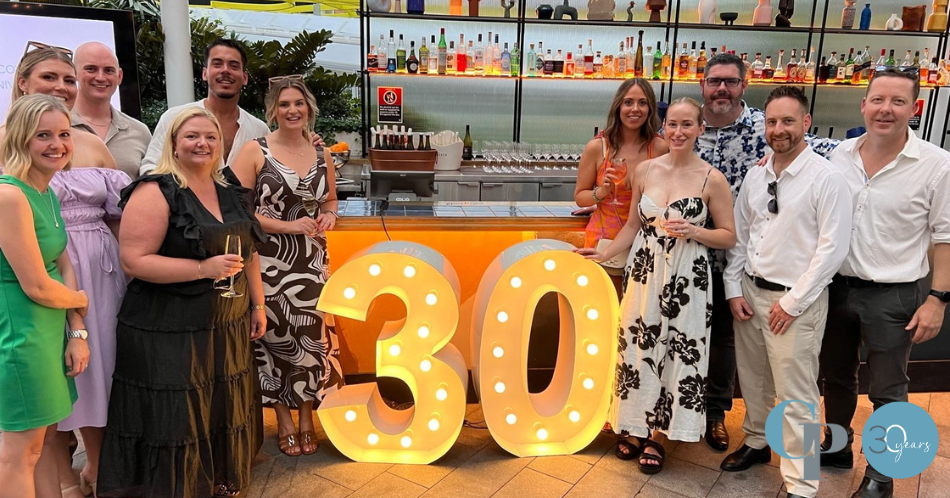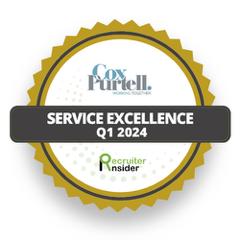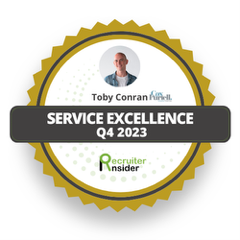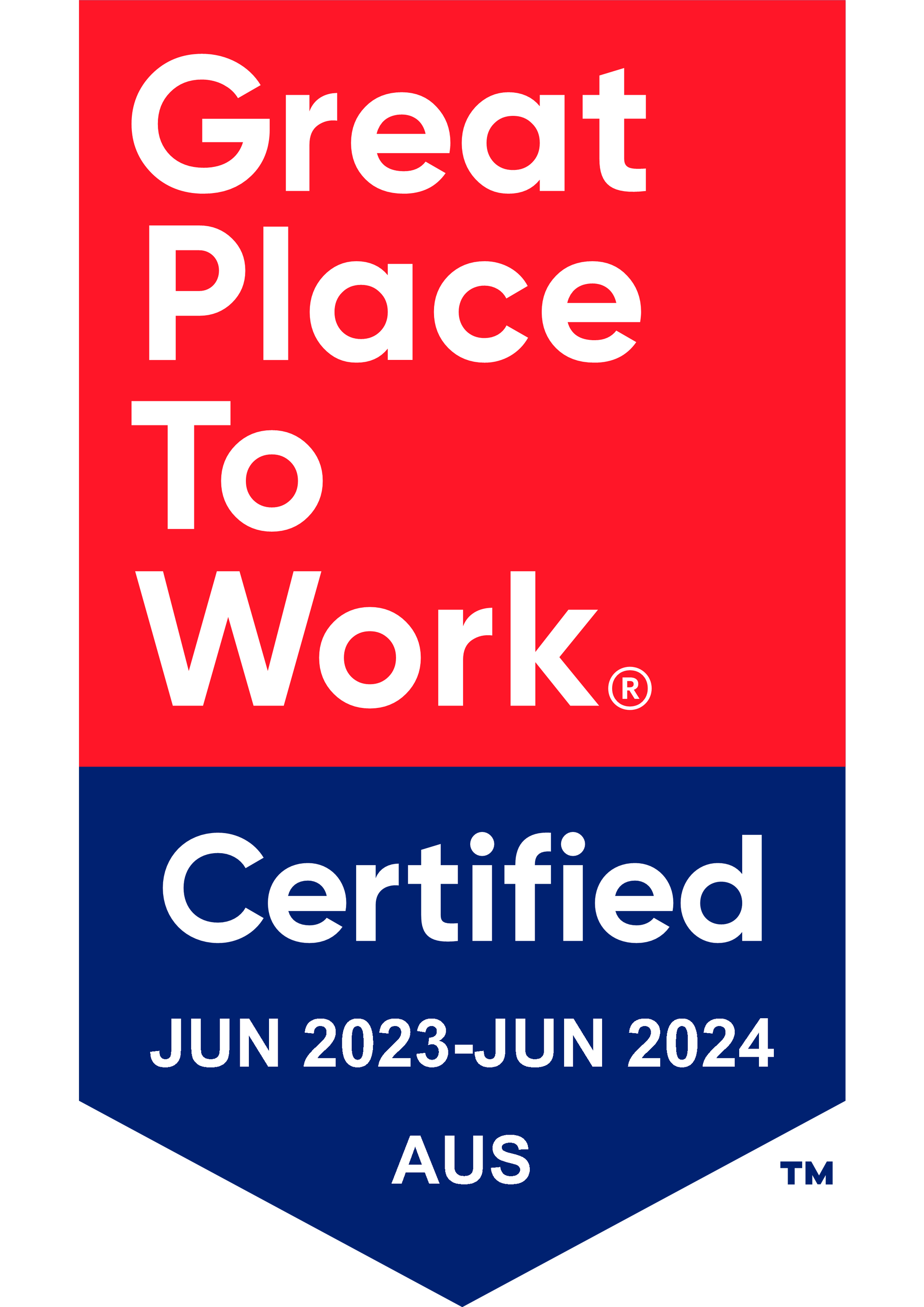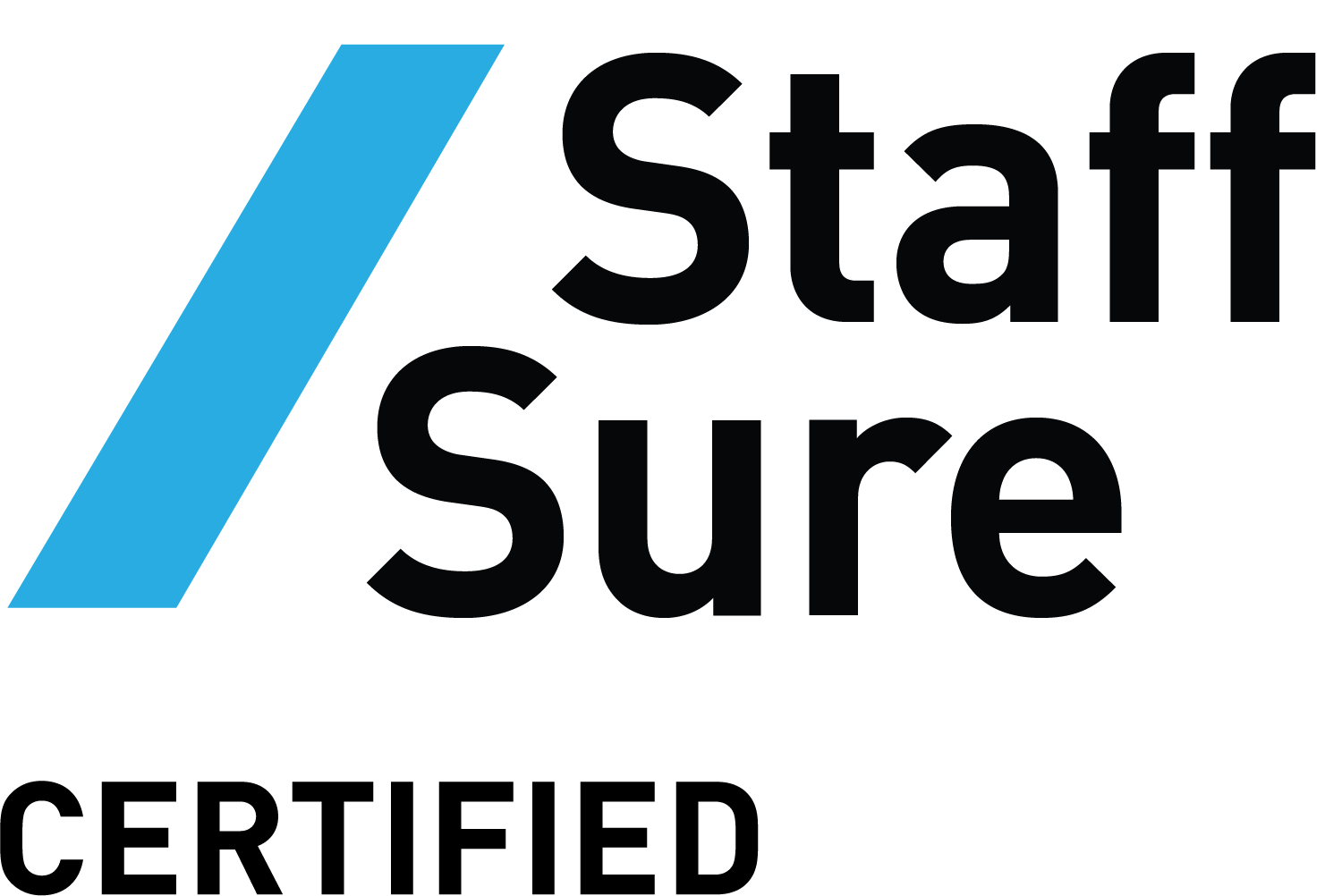By Tahlia McRae
•
13 Mar, 2024
Q&A with James on Milestones, Memories, and the Future of Our Business As CP celebrates three decades of growth, innovation, and resilience, it's a momentous occasion to sit down with our esteemed leader, James, to reflect on the remarkable journey that has brought us to this milestone. With thirty years under our belt, we've weathered storms, embraced change, and achieved milestones that have shaped not only our company but the lives of everyone involved. In this exclusive Q&A session, we delve into the heart of our journey, exploring the pivotal moments, challenges overcome, and the vision that propels us forward into the future. Join us as we celebrate the past, present, and the boundless possibilities that lie ahead. Looking back on the past 30 years, what inspired you to join recruitment, and how has that initial vision evolved over time? There were probably a few things conspiring to draw me into recruitment. I loved business generally and I’ve worked in ‘service’ businesses from a young age. I also love working with people (most of the time). I admired the success of my Mum in work and all the women in the business she worked for at the time, Centacom. I also admired my Mum as a business founder and I watched all the struggles and successes of the early days. Maybe there were some genetics at play too. Can you share some key milestones and achievements that stand out in Cox Purtell’s journey over the last three decades? I think the successful sale and handover of business from the founders, Jill & Liz, to my business partner (Trish) and myself. Navigating GFC and Covid fairly successfully and intact are proud achievements. There are a few incidents that will need to wait until the book release 😊 How has the recruitment industry changed since you joined CP, and how did you navigate through these changes? It’s both changed a lot and not at all over my 20+ years. Firstly, it’s always been and remains a service and relationship business – this hasn’t changed. The technology has. I caught the end of paper resumes being faxed and posted in and print advertising. I’ve been in since the beginning of Seek and the other job boards. As well as the crm’s and ats’s replacing paper candidate files and timesheets. And now the promise of AI and all that it might bring. To be honest, all of the tech hasn’t necessarily improved productivity and I think has negatively impacted service levels as people hide behind email and text. Some tasks are made easier but volumes (of ad response) have increased exponentially. In the end, it’s a people and service business and that has to stay front of mind. If you could go back in time to the first year of working with CP what piece of advice would you give yourself? Other than suggesting that I should be a doctor, pilot of software engineer, I would tell myself early that customers don’t just come into the business – you have to work hard to find them, work hard to win them and fight damn hard to keep them – there’s always someone nipping at your heels. Reflecting on the early years, what were some of the biggest challenges you faced in establishing and growing with the company, and how did you overcome them? Personally, for the first 5 years I was not very focused on my career and was more interested in being social – it’s hard to be a successful recruiter if you’re not committed to it and living and breathing it. It’s not a 9-5 job. How has the company's culture evolved since its founding? The culture is dynamic and all about the people in the business at the time. So in that sense it’s always changing – what hasn’t changed is underlying desire to do the right thing. Not all the people all of the time, but enough have at any one time to keep that as a core cultural dynamic. Can you highlight some memorable success stories that have had a significant impact on both candidates and clients? One of my most memorable success stories is collaborating with a large Federal Govt Department to build and grow a new service they were offering to help the Australian public. The initial service provider had dropped the ball and we came in and dramatically improved the quality of hire. Ultimately, we recruited hundreds of people into the organisation and many of them are still there or promoted to this day (a decade later). The service offering to the Australian Public is one of the best run in the country and it’s nice to know we played a small part in that success. Can you tell us your most memorable placement? Probably my first placement which was with an elite Private School in the CBD and it was the candidates first professional job out of school. It was only a small placement in terms of a fees but it was very satisfying because the client was delighted with the candidate and the candidate was over the moon. She also stayed with he client for many, many years. I think you never forget the first one where you have done all the work from start to finish. How has your approach to client relationships evolved, and what strategies have contributed to long-lasting partnerships with businesses over the years? I was always taught that recruitment is service and excellent service is sales and that hasn’t changed. Being genuine and not overpromising but over delivering is basic but key. Looking back, are there any decisions that you would have approached differently in hindsight, and what lessons have you learned from those experiences? A lot. Mostly around people. There are people I wouldn’t have hired and shouldn’t have hired and some I wish I had. There was a time where thinking we needed to be bigger was important and then after starting down that path realising that it’s not important. Striving for greatness (productivity & profitability) is better than striving to be bigger (pure sales). I’m sure both are possible but it’s not easy and at some point growth negatively impacts service. We’re all about service. How have you maintained a competitive edge in a dynamic industry, and what strategies have been crucial in staying ahead of the curve? Staying focused on service and the people first. We’ve sometimes strayed too far out of our lane and that’s not normally worked for us. Being open to new technology is important but equally being able to wade through and work which are the technologies that will help and which just suck up your time and money. As a leader, how do you balance the need for growth and profitability with maintaining the company's core values? That is always challenging and a balance I regularly get wrong. At my core, I’m a believer in and backer of people. Sometimes I can tend to backing people longer than is good for them, the team and the business. The challenge can come where the lack of progress for an individual can impact the morale of the broader team – that can be a challenging balance to find for me personally. The reality is recruitment is hard to be good at and not everyone will make it – sometimes the kindest thing to do for someone can be to counsel them towards another career or firm. Looking ahead, what are your aspirations for the company's future? We are on a continuous evolution as a business to keep improving what we do - including being more productive per person rather than just increasing the revenue line, focusing on quality service, sustainable, profitable growth and being a role model corporate citizen. We strive to achieve this through combining the latest technology with the human touch and holding on to our awesome people as long as we can by keeping them engaged and professionally growing and challenged. But we also understand work is just one part of our people’s lives.


